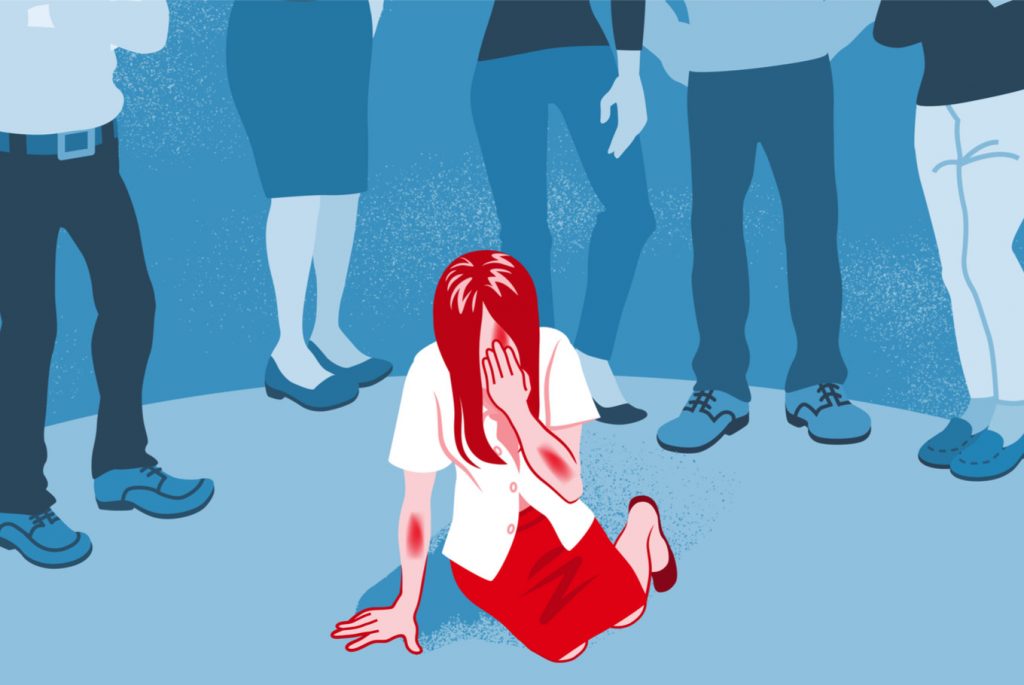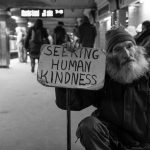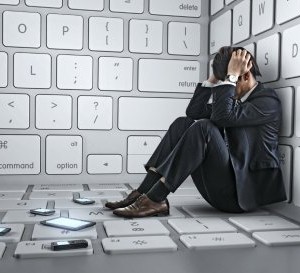There But For The Grace of God ~Maya Devi Georg

There is a deep human belief that bad things only happen to bad people, and if anything bad befalls a good person it is because they somehow deserve it.
A woman raped in a dark alley? She was asking for it by trying to take a shortcut. A man bankrupted by an economic downturn? He should have been more responsible with his finances. Drug addiction, illness, domestic violence, sexual abuse, poverty, homelessness, etc.; there is no suffering too great for some that have never known the affliction to pass judgment on the victim.
Victim blaming has been formally organized into religions (think karma), self-help (like ‘the law of attraction’), and even into economics (capitalism).
It manifests in different ways. The socio-economic constraints of India’s caste system is baked into religion and culture. If you are born on the bottom it is because you deserve to be there, and therefore there is no mechanism for upward social mobility. Interestingly enough, the same thing happens in America’s capitalist system.
Rhonda Byrne, author of The Secret, argued that the victims of the 2004 tsunami (that killed over 230,000) was the result of the victims own tsunami-like thoughts. More recently an American embodiment of White Girl Woo (let’s call her Shamefaced McGimpy) scolded an Italian yoga teacher online, claiming that the thousands of deaths in Italy due to Coronavirus was due to Italians fixation on poor health. (The real secret? Rhonda Byrne and Shamefaced McGimpy are assholes.)
But why do we blame victims?
It is to preserve a false belief that if we play by the rules, if we are good enough, if we do everything right, we can inoculate ourselves against misfortune.
It is to preserve the false belief that the world we live is a world of order and justice, a world we can control. For too many of us, it is too great a burden to know how chaotic and unpredictable life really is, and how little we can control.
Victim blaming also absolves us of the responsibility of helping others – why help someone that only got what they deserved?
This is a short-circuiting of our compassion and empathy. It may preserve our current well-being to ignore or justify another’s suffering, but creates a culture that only adds insult to injury – even when we are the ones suffering.
Currently, we are experiencing a pandemic. Covid-19 has killed hundreds of thousands, from newborn to elderly, rich to poor; anyone can become infected. Economic markets are crashing, unemployment is skyrocketing, and food shortages may soon become a global concern. And while some may choose to blame those sickened or bankrupted, we must all remember: there but for the grace of God go I.
No one deserves any of this. But it is happening, and we need to practice compassion and love on a radical scale, to see suffering and know that no one deserves pain, poverty, or death, any more than you or I do.



